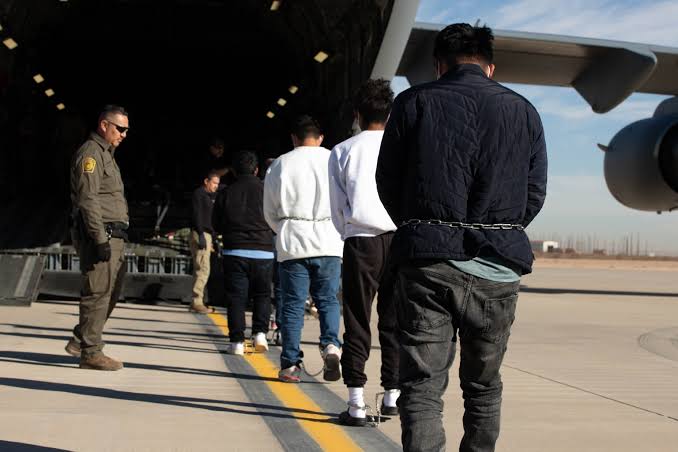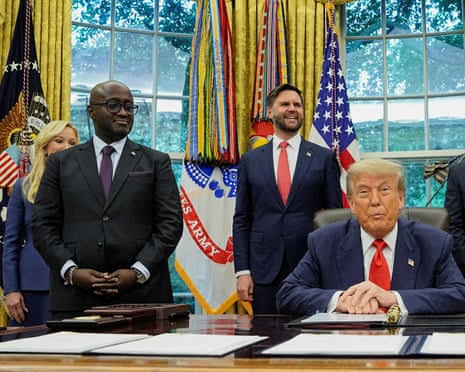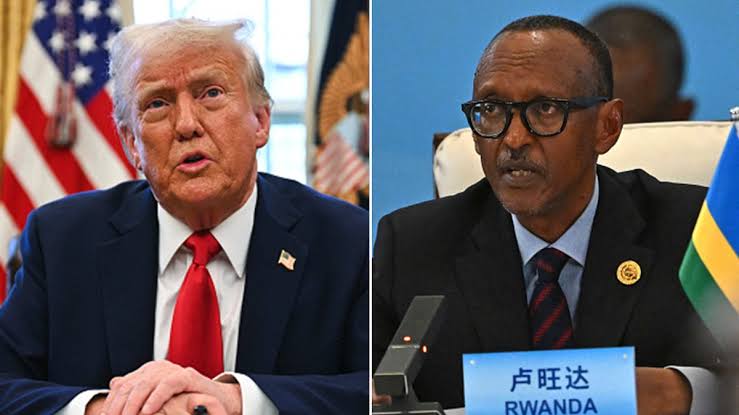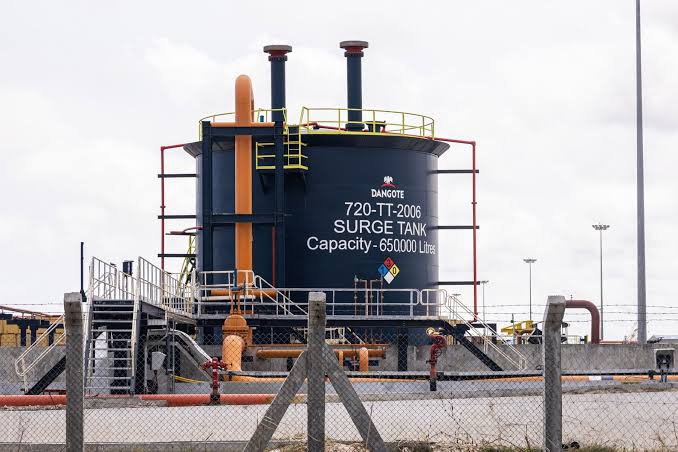
Faith Nyasuguta
Rwanda has confirmed the arrival of seven people deported from the United States, marking the first transfer under a new agreement between Kigali and Washington.
Government spokesperson Yolande Makolo said the group landed in mid-August after being vetted. Of the seven, three expressed interest in returning to their countries of origin, while four indicated they would like to stay and rebuild their lives in Rwanda. The government has not disclosed their nationalities.
Earlier this month, Kigali announced it was prepared to receive up to 250 deportees from the US, but stressed that each case would be reviewed individually before acceptance. The arrivals are currently being housed under the care of an international organisation, with regular monitoring from the International Organization for Migration (IOM) and Rwanda’s own social services.
The agreement comes amid the Trump administration’s broader push to negotiate third-country resettlement arrangements, citing difficulties when deportees’ home countries refuse to take them back. Similar discussions have involved countries like South Sudan and Eswatini.

This is not Rwanda’s first deal of this kind. In 2022, the East African nation signed a controversial 120 million Euros partnership with the UK to host asylum seekers who had crossed into Britain. However, the arrangement was abandoned after Labour came to power in London, following strong opposition from human rights groups and a prolonged legal battle.
Rwanda insists its cooperation with the US is motivated by compassion and its own history of displacement. “Nearly every Rwandan family has experienced the hardships of displacement,” Makolo said, adding that the new arrivals will be offered housing, healthcare, and vocational training to help them settle.
Rights groups, however, remain deeply skeptical. Critics argue that such deportation agreements risk violating international law, particularly the principle of non-refoulement, which forbids sending people to countries where they could face persecution, torture, or other abuses.

While Rwanda has earned praise for its stability, economic growth, and modern infrastructure, the Kagame government is often accused of silencing dissent and curbing freedoms at home. Opponents say this makes the country an unsuitable destination for vulnerable deportees, who may already be fleeing repression.
The deal also showcases Rwanda’s positioning as a global player in migration management, despite its small size and population of about 14 million. Supporters frame Kigali as a responsible partner willing to share the burden of resettlement, while critics see it as a government using migration deals to burnish its international reputation and secure lucrative partnerships.
For now, the fate of the seven arrivals remains uncertain, with some hoping for repatriation and others seeking to start afresh in Rwanda. Their stories may set the tone for how this controversial agreement unfolds in the months ahead.
RELATED:








